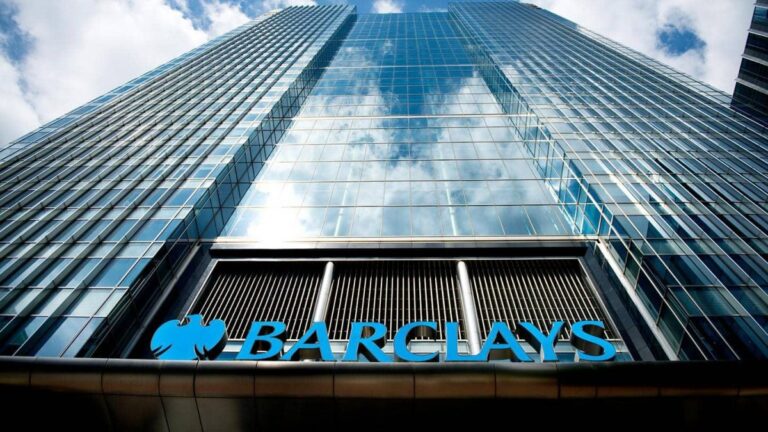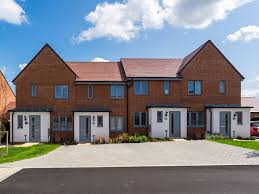Hardman and Co Research Analyst Head of Research Tony Williams caught up with DirectorsTalk for an exclusive interview to discuss the housebuilding sector for 2016/2017: what companies did and didn’t do well, the resignation of David Ritchie CEO at Bovis Homes Group plc (LON:BVS), what happened in 2017 and what’s next for the sector
Q1: Tony, what happened to housebuilder share prices in 2016?
A1: Events are really dominated by the Brexit vote on 23rd June and the two trading days thereafter which was the Friday 24th June and Monday 27th and values of shares was off 40% at one stage which was pretty dramatic and clearly a bit of a knee-jerk reaction. Slowly but surely, particularly in the months of the year, particularly in Q3, there was a bit of recovery but even by 31st December the sector was still 15% off where it had been prior to the Brexit vote.
Q2: So where are we now in terms of peak value for the sector?
A2: Well the peak was shortly before, in fact the months before the Brexit vote on the 23rd June and then obviously, we had the fall-out, and at 30th December 2016 it was still 18% off where it was on January 1st. So, the first down year in 3 or 4 and quite a sharp fall in percentage terms.
Q3: And the low?
A3: The low was actually in July, 7th July 2008, just as the global financial crisis was percolating, if you will and the smart money was over a short 8 years. Since July ’08 the sector has risen more than 1000% and if you want to put that under pound notes, that’s £33 billion of value so ok, it took 8 years but it’s still a pretty spectacular return even if you divide by 8.
Q4: So, which companies did well and which companies didn’t?
A4: The sector as we define it is 16 companies and only 2 were in positive territory and that was Cairn Homes PLC (LON:CRN), the Irish housebuilder listed in London, and Gleeson, MJ Gleeson PLC ORD 2P (LON:GLE), who are an old stager, been around for many years and does land improvement as well as building houses. There are the only 2 in positive territory, all the rest were negative and McCarthy and Stone, the largest retirement homebuilder in the UK, took the wooden spoon if you will and it was off 36% in 2016.
Q5: I also see that the Bovis Homes Group plc CEO resigned on 9th January?
A5: Yes, he did. It was rather curious because on the 10th November they issued a trading update, all positive volumes, profits, prices moving forward, 32 working days later on 28th December, as you well know nobody announces anything on 28th December unless you want to keep it quiet, they called it a pre-close update. What actually happened was there were 180 houses that were supposed to complete and sell and somehow, they didn’t and therefore they weren’t going to make the numbers, either in terms of revenues and in terms of profit. So, it was a very personal profit warning if you will, to Bovis, nothing to do, really, I think with the wider market, and sure enough 7 working days later on 9th January, as you say, David Ritchie the CEO resigned. He’d been there since 2008 so he wasn’t new to the business but clearly the buck had to stop somewhere and it stopped with him.
Q6: What else has happened in 2017?
A6: Well we’ve had 10 trading days up until the close on Monday 16th so we’ve had 10 trading days, and again, so far 3.4%, that’s the average movement and one or two stocks have done a little better. It’s been up and down in those early trading days of the new year as it was in Q4 last year and in particular the sector was ??? last Friday with a very positive trading update from Barratt Developments Plc (LON:BDEV). That’s the early momentum in the first trading days of the new year.
Q7: What do you think is next?
A7: I think the sector’s prone to good and bad news, if you will, if you look at Q4 it was up one day, down the other and these movements can be 6%, 7%, 8% in a single day and I see no reason that’s going to change. People want to believe good news and clearly Barratt Developments had some positive news last week but depending on what Teresa May says, later this morning, we could easily see another knee-jerk reaction back. So, I think it’s very much a trading sector in 2017 and if you’re nimble enough you can take reasonable sentiments out of these share prices and there’s still a 3%/4% average yield and in some cases if you look at Barratt and Barclays PLC (LON:BARC) and Persimmon plc (LON:PSN) the yield is up around 8% or 9%. I think to headlong take a position in the sector and hope that it’s going to be significantly larger than the year-end I think that won’t happen, we’re going to be up and down until we get some clear view about where the future’s going to be.








































